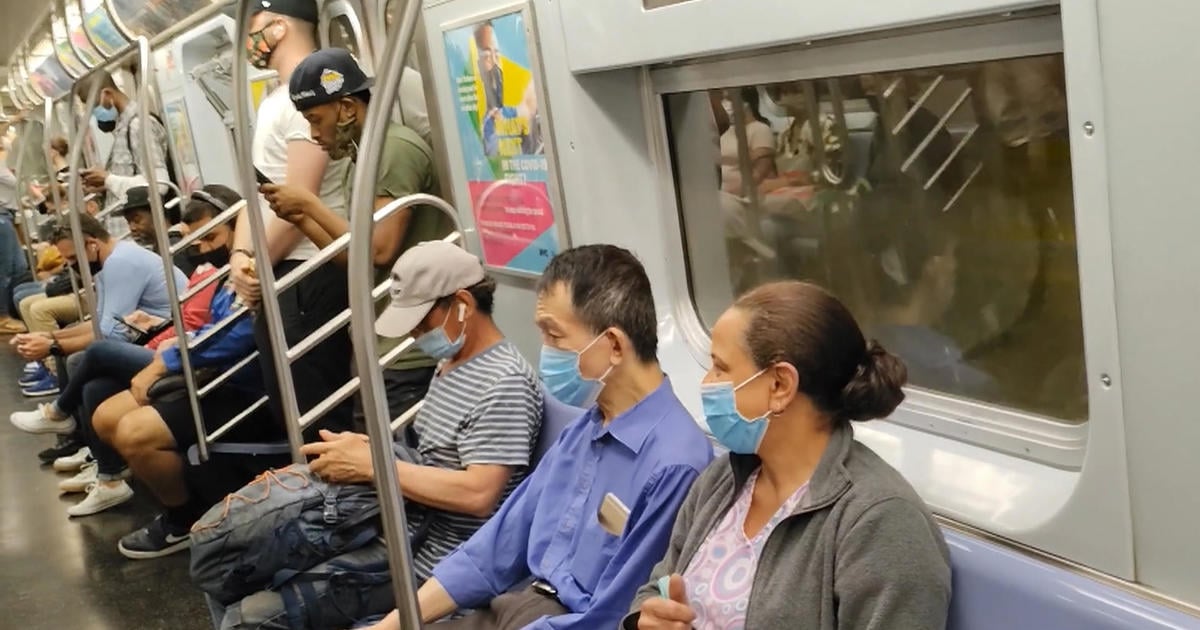In an interview for 60 Minutes, CBS News chief medical correspondent Dr. Jon LaPook posed that question to Linsey Marr, a Virginia Tech University professor specializing in aerosol science.
“They are very helpful in reducing the chances that the person will get COVID because it’s reducing the amount of virus that you would inhale from the air around you,” Marr said about masks.
No mask is 100% effective. An N95, for example, is named as such because it is at least 95 percent efficient at blocking airborne particles when used properly. But even if a mask has an 80% efficiency, Marr said, it still offers meaningful protection.
“That greatly reduces the chance that I’m going to become infected,” Marr said.
Marr said research shows that high-quality masks can block particles that are the same size as those carrying the coronavirus. Masks work, Marr explained, as a filter, not as a sieve. Virus particles must weave around the layers of fibers, and as they do so, they may crash into those fibers and become trapped.
Marr likened it to running through a forest of trees. Walk slowly, and the surrounding is easy to navigate. But being forced through a forest at a high speed increases the likelihood of running into a tree.
“Masks, even cloth masks, do something,” she said.
Not that I expect most people to believe it at this point…



They literally didn’t lie, the post is linked in this thread. Of course at the time people weren’t linking the source, they were quoting part of one sentence and getting inflamed that half of a sentence seemed to say the opposite of what the actual post said.
It literally says “not recommended -for the general public- at this time” how is that miscontrued to “they don’t work”? It doesn’t say that at all. In fact the video in that post, I know it’s a full 30 seconds long and slow and boring… but the video specifically says to save them for medical professionals and others in close contact with the infected. Again very much stating specifically that they do help.